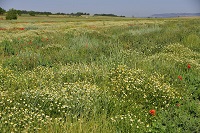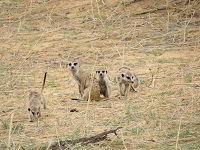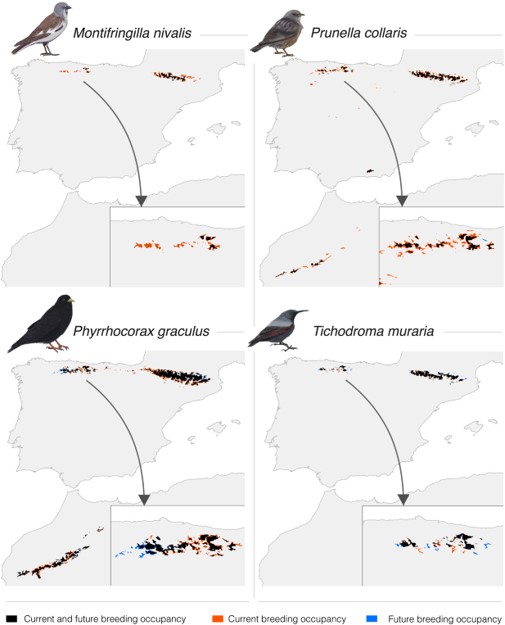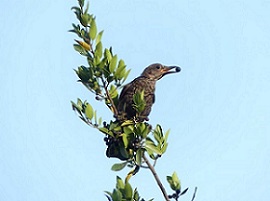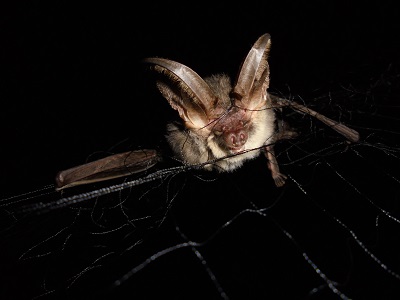
Welcome
Welcome to the official website of the Doñana Biological Station (EBD-CSIC)...

The Doñana Biological Station: EBD-CSIC
The Doñana Biological Station is a public Research Institute belonging to the Spanish Council for Scientific Research CSIC in the area of Natural Resources...

Mission
Our fundamental mission is to carry out multidisciplinary research of the highest standard directed to understanding the way in which biodiversity is generated, maintained and deteriorates, as well as the consequences of its loss...

Our methods
We apply many techniques within a multidisciplinary framework, from molecular genetics to remote sensing, and from modelling to physiological and isotopic analyses...

Monitoring the environment
Monitoring biodiversity at the Doñana Natural Space cover a wide range of communities, including both terrestrial and aquatic organisms...

Aims
Our aims include the study of the ecological and evolutionary processes by combining field work, mathematical and statistical models and physiological and genetic analysis...
 Outstanding
Outstanding
-
 Changes in the Common Agricultural Policy may sacrifice long term biodiversity and agricultural sutainability in Europe
Changes in the Common Agricultural Policy may sacrifice long term biodiversity and agricultural sutainability in Europe -
 Higher temperatures extremes could exacerbate negative infectious disease effects in social mammals
Higher temperatures extremes could exacerbate negative infectious disease effects in social mammals -
 Climate models predict a severe range contraction and upward shift of suitable habitat for alpine birds
Climate models predict a severe range contraction and upward shift of suitable habitat for alpine birds -
 Bird migration limits the adaptation of European plants to climate change
Bird migration limits the adaptation of European plants to climate change -
 El CSIC advierte de que la biodiversidad de los ecosistemas alpinos africanos está en extinción por la presión humana
El CSIC advierte de que la biodiversidad de los ecosistemas alpinos africanos está en extinción por la presión humana
 News
News
Content with tag climate change .
 Changes in the Common Agricultural Policy may sacrifice long term biodiversity and agricultural sutainability in Europe
Changes in the Common Agricultural Policy may sacrifice long term biodiversity and agricultural sutainability in Europe
An European scientific group, led by the Autonomous University of Madrid (UAM) with the participation of the Doñana Biological Station (EBD) and other centres of the Spanish National Research Council, affirms that these changes will have a negative impact on biodiversity and intensify agricultural and livestock production
 Higher temperatures extremes could exacerbate negative infectious disease effects in social mammals
Higher temperatures extremes could exacerbate negative infectious disease effects in social mammals
The study has been carried out with 22 years of weekly demographic data from more than 1000 female and 1000 male wild meerkats (Suricata suricatta) in the Kalahari Desert.

